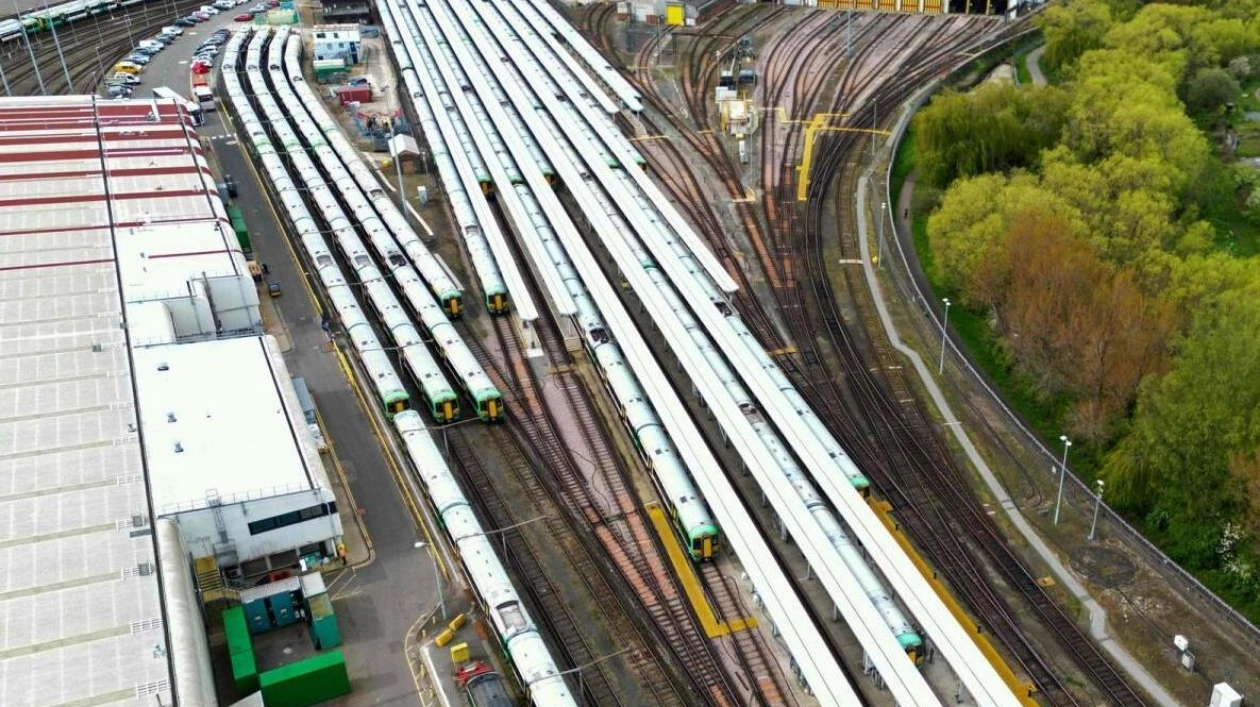On Thursday, the UK's new Labour government unveiled the much-anticipated draft legislation aimed at renationalising the nation's rail services, a majority of which are currently under private ownership.
"Following years of unacceptably low performance, this bill represents a significant shift that will enable the government to reintegrate rail passenger services into public ownership," the statement declared. Labour emerged victorious over the Conservative party in the July 4 elections, returning to Downing Street after 14 years in opposition with a pledge to overhaul the struggling transport services.
Should the legislation be enacted, it will result in the public ownership of rail operators upon the expiration of their private contracts—or earlier if there is evidence of inadequate management—to be overseen by "Great British Railways." The government anticipates that this move will prevent the need to compensate rail operators, as all existing contracts are scheduled to conclude by 2027.
The privatisation of rail operations occurred in the mid-1990s during the tenure of Conservative Prime Minister John Major, although the rail network itself remained under public control, managed by Network Rail. In recent years, the state has assumed control of four out of 14 operators in England due to their poor performance, a measure intended as a temporary solution prior to their reversion to private sector management.
The primary rail operators in Scotland and Wales, where transport policy is administered by the devolved governments in Edinburgh and Cardiff, are also state-owned. Over the past few years, British railways have been plagued by a series of strikes concerning wages and working conditions, exacerbated by a cost-of-living crisis. Train cancellations are frequent, and passengers frequently voice their dissatisfaction with the high cost of tickets.
"Our transport system is in disarray, but today's bill marks the beginning of a path towards improved trains that serve the needs of everyone, regardless of their location," stated Transport Minister Louise Haigh.






